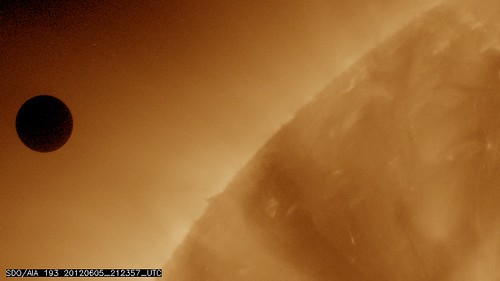
By Kyle Nguyen & Lylyan Yenson
Scientists have recently discovered compounds on Venus that support life back on Earth, bringing up the question of whether there life on other planets.
The compound that was found on Venus is phosphine gas, typically made by microorganisms on Earth, which suggests that there are also microorganisms living on Venus. Phosphine gas is also found on Earth in oxygen-free areas, meaning that even if there is no oxygen on Venus, life could still exist.
The announcement was made on Sept. 14 by a multitude of science experts and enthusiasts. NASA administrator Jim Bridenstine called the discovery “the most significant development in building the case for life off Earth.” Breidenstein recommended that people prioritize Venus and research it further for future space missions.
Critics, however, say that life on Venus is impossible. They claim that what the scientists discovered may not have been phosphine gas, but a different compound. Phosphine gas is made by microorganisms, but it is poisonous to animals, including humans. This makes the existence of animal life unlikely.
Although phosphine is a sign of life on our planet, Venus is an alien planet, so the science behind the phosphine discovered is unknown. Scientists are also unsure if the gas is just a byproduct of a chemical reaction that is unrelated to any life forms.
Venus is also close to the sun; its surface is about 900 degrees Fahrenheit, which is almost double the average temperature of most home ovens, and would make it difficult for water-based life to exist on the planet.
Despite critics’ skepticism, NASA is willing to endorse future space and probing missions for the further exploration of life on Venus. The European Space Agency (ESA) and Russia plan to join the race to find life on Venus. Although both the ESA and Russia have announced plans to launch probes to Venus, both of their space missions have yet to be approved for funding.
Even with the discovery of phosphine, news of life on Venus won’t arrive for a while as NASA has said they most likely won’t be able to launch a probing mission until June 2031.





